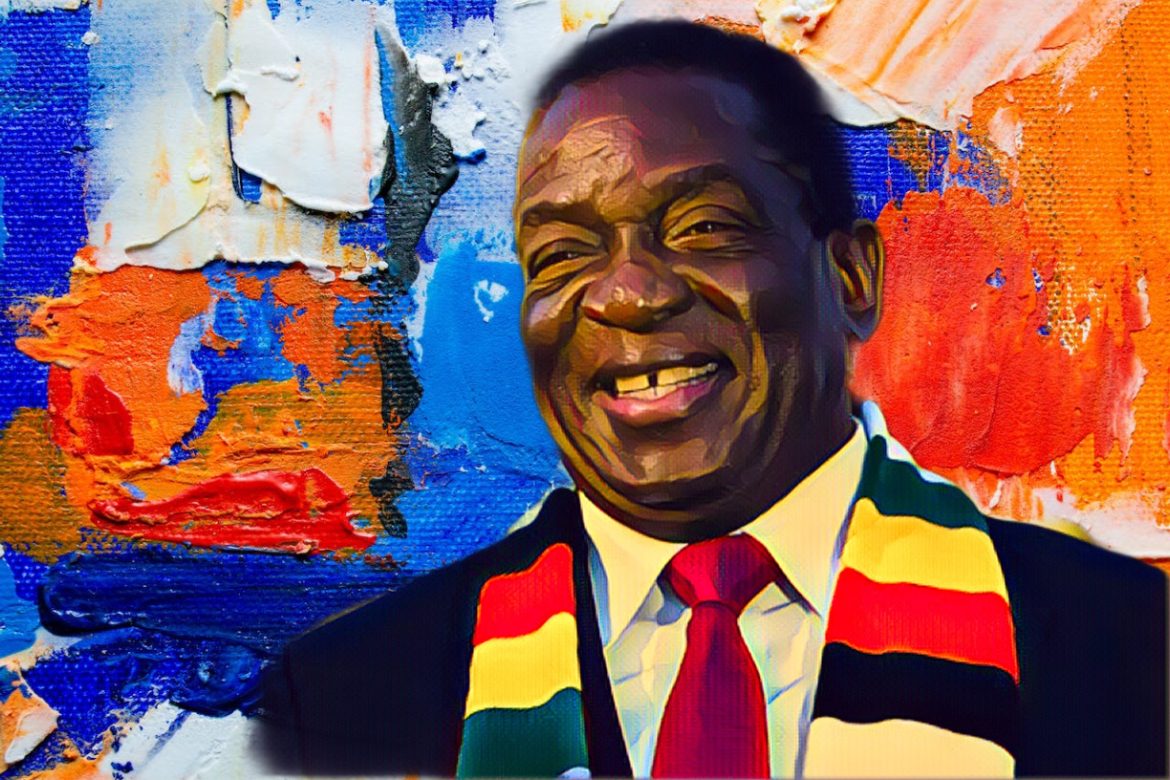KEY POINTS
- Mnangagwa says he will step down after two terms in 2028.
- Zanu PF remains divided over a proposed 2030 extension.
- Critics question whether he will actually leave office.
President Emmerson Mnangagwa has made it clear—he will step down when his second term ends in 2028. Speaking in Harare, he dismissed efforts within Zanu PF to extend his presidency until 2030, saying he will not seek re-election.
His comments come as factions within the ruling party remain divided over whether to push for a constitutional amendment to extend his rule.
Some senior government officials and party members argue that Mnangagwa should stay in power longer to complete key national projects.
However, Mnangagwa was firm in his response. “I have my two terms, and these terms are very definite. When they come to an end, I will step aside, and my party will elect a successor,” he told journalists.
He also criticized some party members advocating for an extension, stating that they do not represent the true values of Zanu PF. “We have people who wear Zanu PF regalia, but they are not Zanu PF at heart,” he added.
Factionalism grows as some push for 2030 extension
Within Zanu PF, a faction is actively pursuing a constitutional change that would give Mnangagwa authority to rule until 2030.
Another faction shows support for Vice President Constantino Chiwenga as they oppose the term extension, while advocating for strict adherence to the established two-term boundary.
According to New Zimbabwe, the Information Ministry previously suggested that amending the constitution would not be unusual, fueling suspicions that Mnangagwa’s public statements may not reflect his private intentions.
Despite his assurance that he will step down, he has not actively discouraged or taken action against party members pushing for the extension.
This inaction has raised questions among political analysts and opposition figures, who doubt the sincerity of his commitment to leave office.
Critics question Mnangagwa’s true Intentions
Opposition leaders and analysts remain skeptical about Mnangagwa’s declaration.
Former Citizens Coalition for Change (CCC) spokesperson Fadzayi Mahere called his remarks a public relations stunt, arguing that if his party’s super-majority in Parliament amends the constitution, he will likely comply rather than resist.
“This face-saving, word-twisting approach doesn’t cut it,” Mahere said. She and other critics argue that Mnangagwa’s refusal to publicly condemn the 2030 agenda within his party suggests he may ultimately embrace an extension.
For now, Zimbabweans are left watching how Zanu PF handles the issue in the coming months. Will Mnangagwa truly step aside in 2028, or will his party find a way to extend his presidency? That remains the big question.


